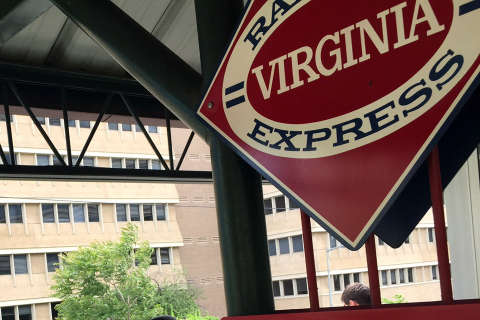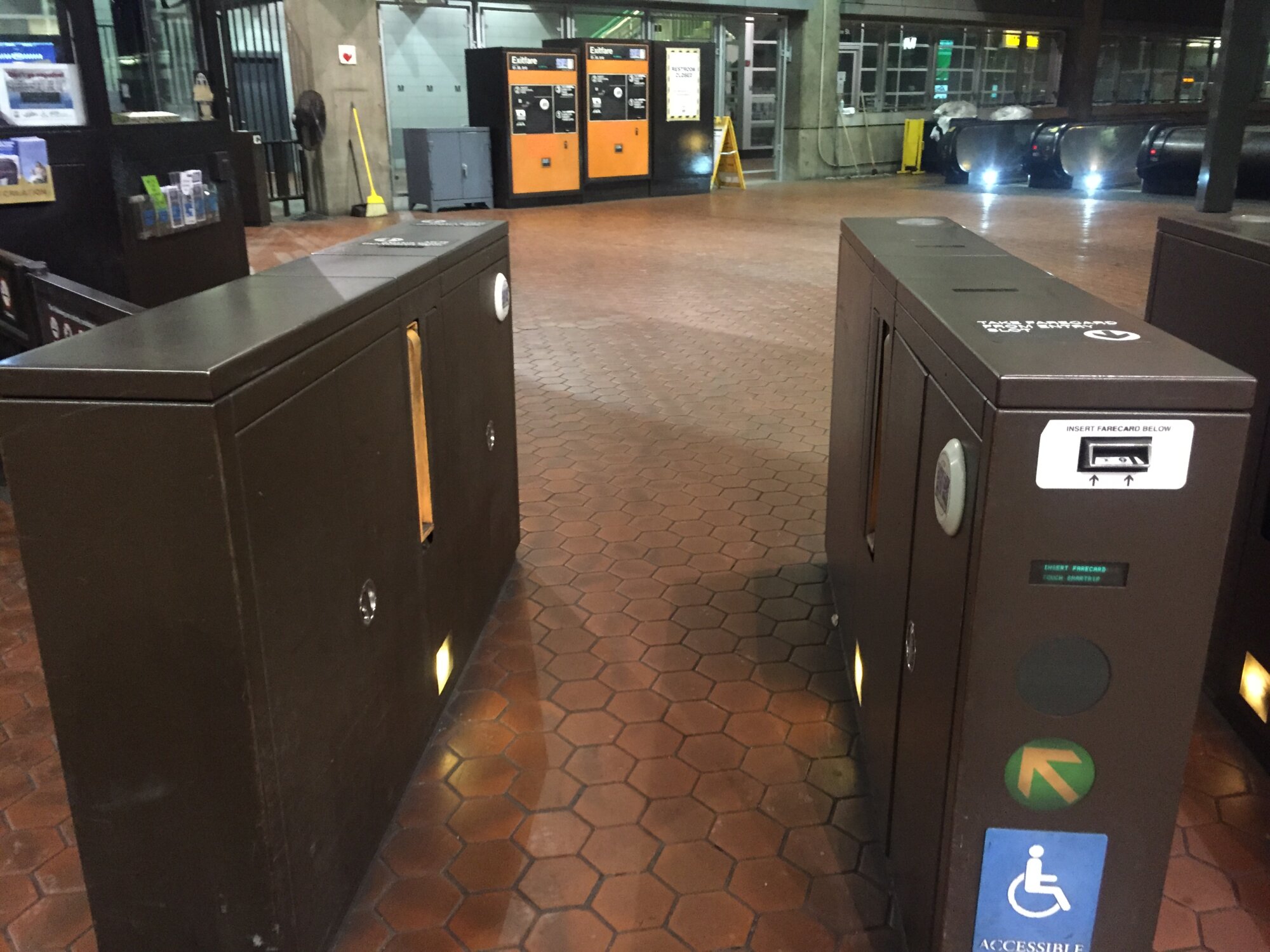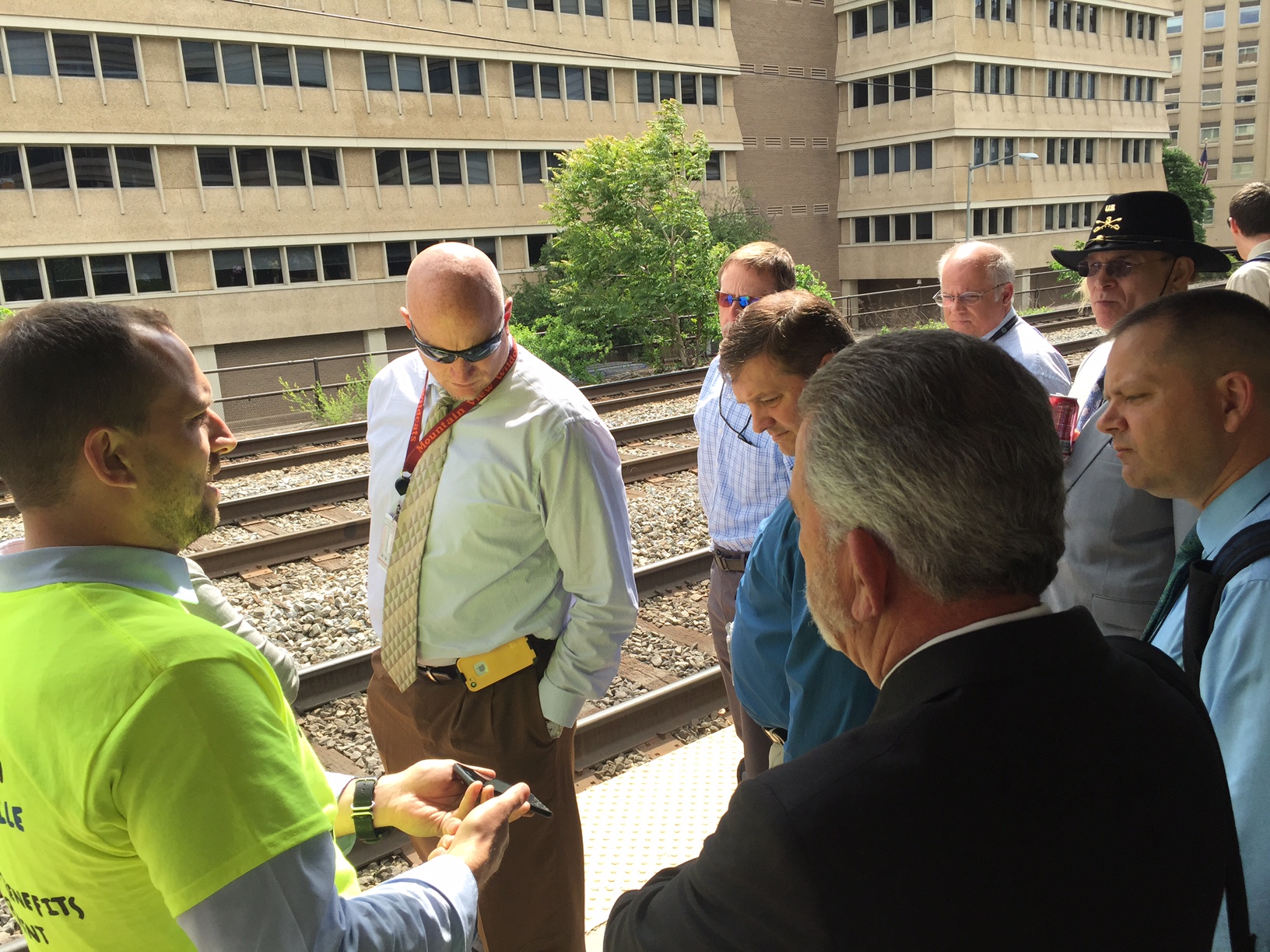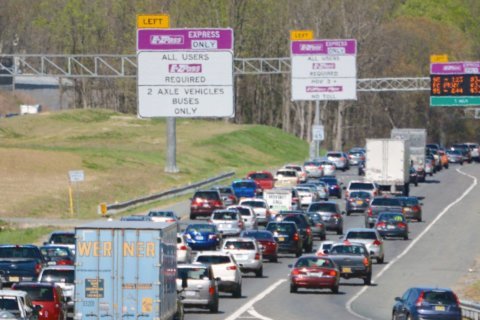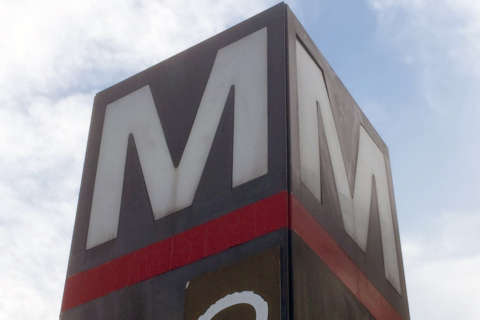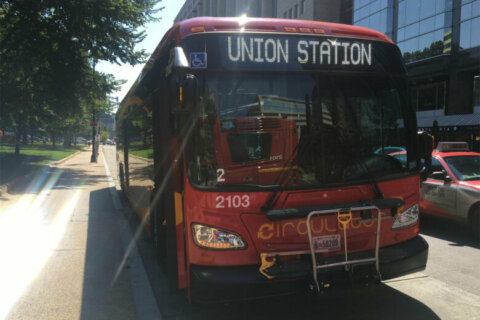WASHINGTON — A powerful business group that has thrown its support behind Metro funding and toll lanes from Richmond to Baltimore is now calling for changes to unify how we pay to get around.
In a document being released Monday, the Greater Washington Partnership asks transportation systems across the region to unify payments in a single interchangeable way that would allow one-click planning and purchase of a trip that could feature bike share, scooters, Metro, commuter rail and buses.
“What we want, ultimately, is one seamless integrated platform for folks to be able to plan for and pay for a trip across all public and private transport options in the capital region of Baltimore to Richmond,” the group’s Transportation Policy Director Joe McAndrew said.
Some of the unified payment systems the region has now are fading away.
The Maryland Transit Administration is moving away from the CharmCard, which was interchangeable with a SmarTrip card in the Baltimore and D.C. areas.
Some D.C.-area suburban transit providers in Maryland (Montgomery County’s RideOn) and Virginia (several bus systems) are exploring their own mobile payment methods after years of frustration with Metro’s SmarTrip card system and delayed replacement of parts.
Metro is moving toward a mobile payment option but one that would still require riders to load money from bank accounts into a virtual SmarTrip account. Options remain to buy MARC and VRE passes that include Metro or local bus rides.
McAndrew called SmarTrip out of date since it only works for transit.
Virginia Railway Express already has mobile ticketing and Maryland’s MTA will soon.
The partnership wants to unify and integrate public and private systems from Richmond to Baltimore for trips made by people who aren’t driving to include a common payment platform and open more data for analysis.
The position paper supports the separate E-ZPass system for tolling.
The main barrier to unifying payment methods is also a key barrier to getting a truly unified transportation system across the region: Each agency is required to operate in its own interests to some degree and operates independently.
Private companies such as Uber, Lyft, and dockless scooter and bike share companies operate on their own, too.
“This is not a technical challenge. Other regions in the world have done this … but here we actually are heading in the wrong direction,” McAndrew said. “This is more political and structural.”
The region has also been reluctant to make simple improvements to transit service like an extensive bus lane network or setting up ways to pay for a bus trip at a stop before boarding to reduce wait times.
Companies such as Uber and Lyft and the Transit app are integrating various options to differing degrees.
Uber bought JUMP’s electric bike share service, Lyft bought Capital Bikeshare operator Motivate, and the Transit app provides an overview of transportation options in a given area. To use one, riders must switch to a different app though.
Mobile ticketing and focus on apps raises significant issues for the large number of people without access to their own smartphone, without bank accounts, or who cannot afford large data plans, the position paper acknowledges.
That means physical cards and cash payments must remain available.
The partnership suggests a unified mobile app could allow for rider rewards program or demand-based pricing, like an offer of a discount to riders who shift trips somewhat earlier or later.
It could also help establish more regional transit passes or provide a way to cap fares paid at no more than the cost of a weekly or monthly pass.

